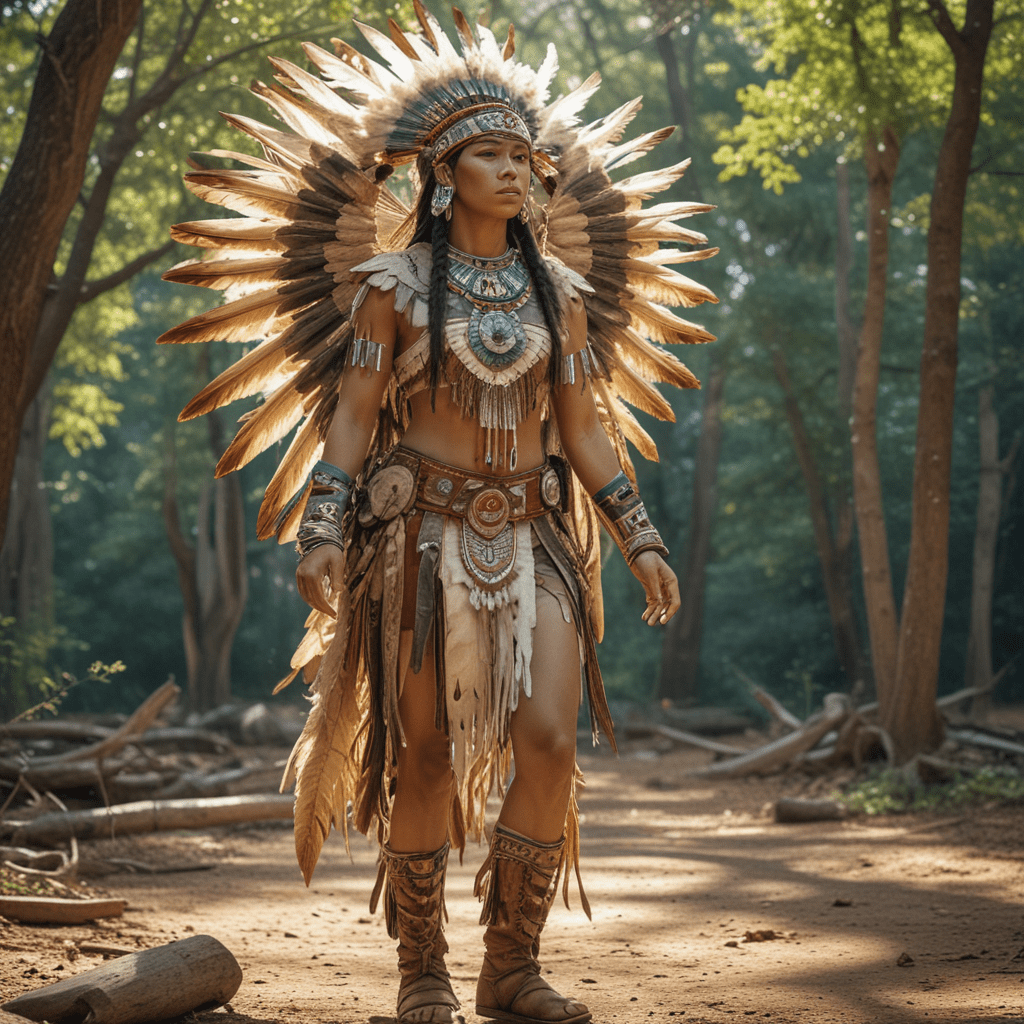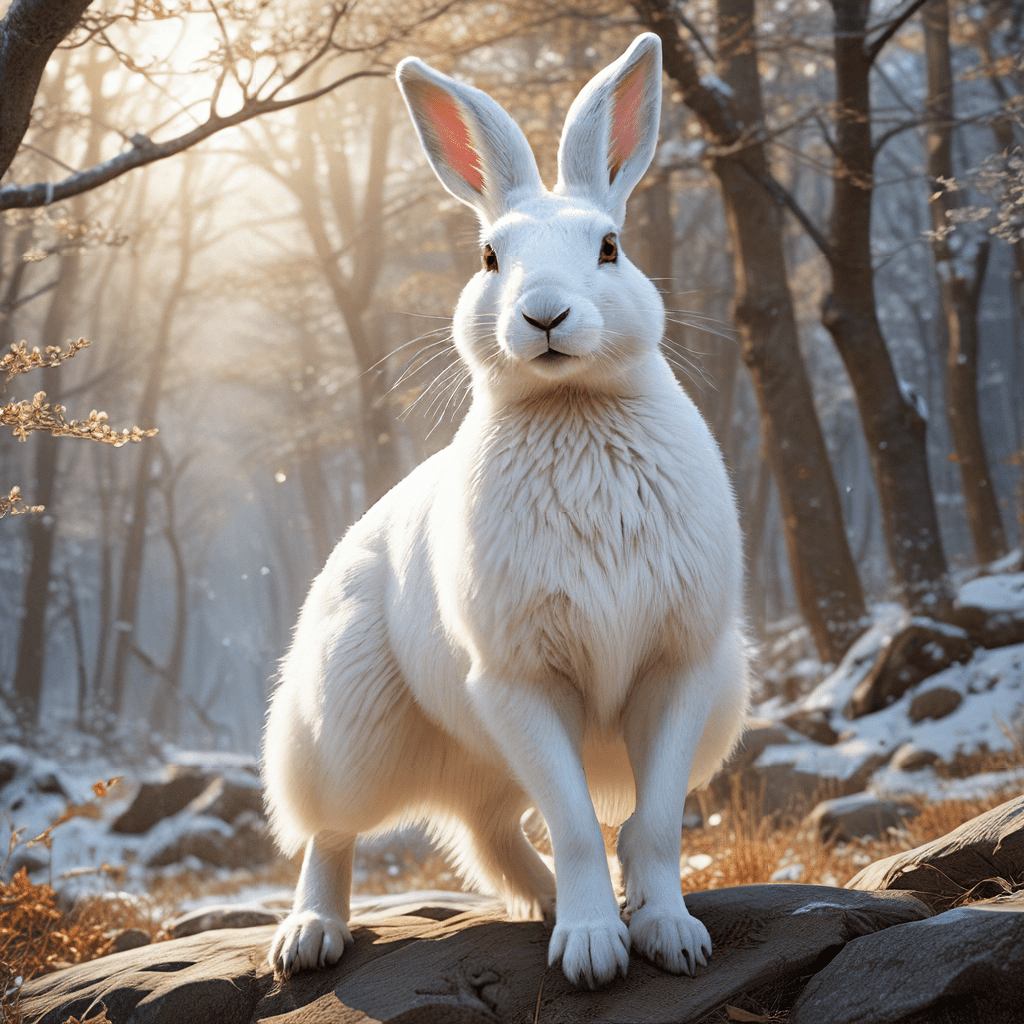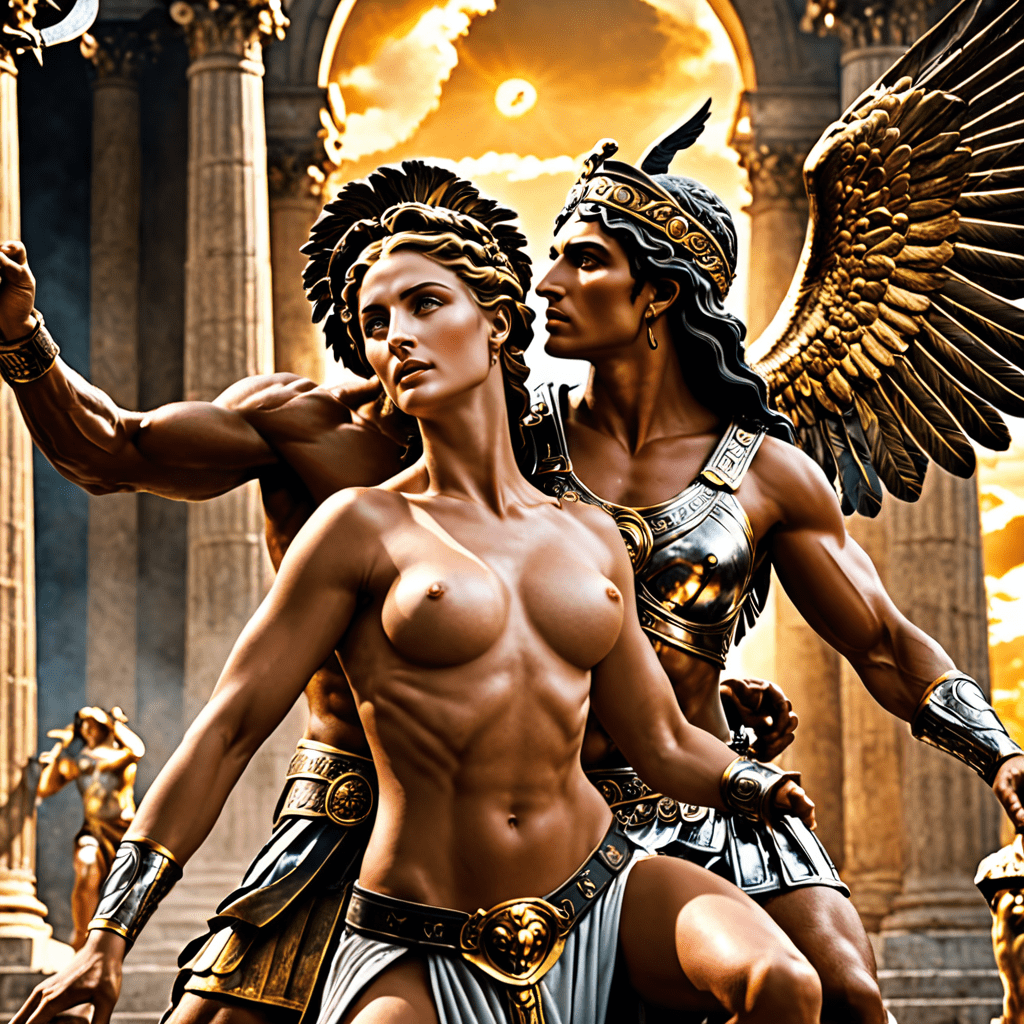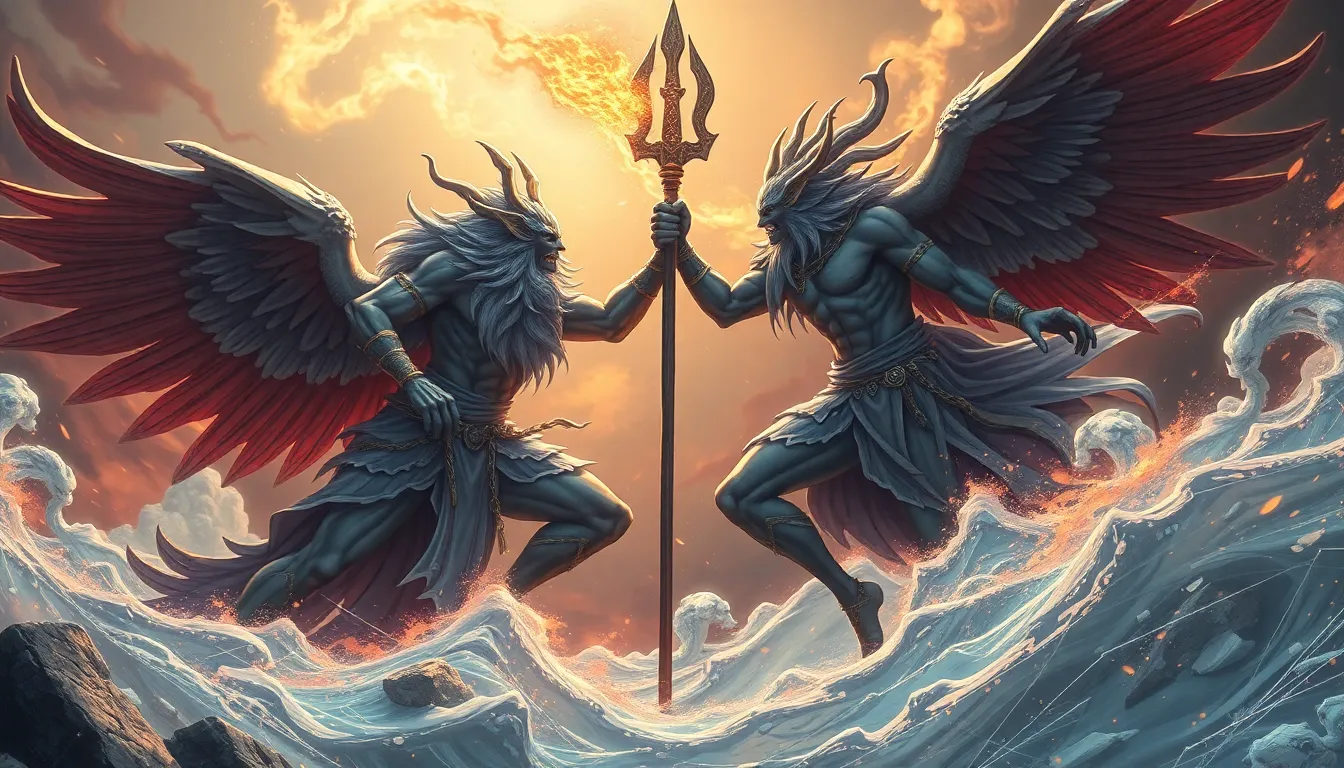Mythology of the Chickasaw Nation
The Chickasaw people are an indigenous group native to the southeastern United States, with ancestral lands primarily in what is now Mississippi, Alabama, and Tennessee. Their mythology, passed down through generations in oral tradition, offers profound insight into their spiritual beliefs, origins, and worldview.
1. Creation Myths
The Chickasaws believe that the world was created by a supreme being named Aba, or "Father," who fashioned the Earth from the cosmic clay of the primordial oceans. Animals and plants were born from the earth, and humans descended from the first man and woman, created from earth and water by Aba.
2. The Chickasaw as Descendants of the Sun
A central tenet of Chickasaw mythology is their belief in their descent from the Sun. According to legend, a group of people emerged from the sun through a hole in the sky, carrying a sacred fire and planting the first corn. These ancestors taught the Chickasaws their rituals, laws, and the art of hunting.
3. The Legend of the Tsul' Hunha
The Tsul' Hunha, or "Medicine Man's House," is a prominent figure in Chickasaw mythology. It is believed to be a gathering place for spirits and spiritual practitioners, where Chickasaw medicine men would seek visions and perform healing ceremonies. The Tsul' Hunha represents the gateway between the physical and spiritual realms.
6. Chickasaw Shamanism
Shamanism holds a sacred and respected place within Chickasaw mythology. Shamans known as "buskya" were believed to possess supernatural abilities, including the power to heal the sick, communicate with spirits, and influence the weather. Buskya played a vital role in maintaining the community's spiritual and physical well-being.
7. The Role of Animals in Chickasaw Mythology
Animals feature prominently in Chickasaw mythology, each species carrying symbolic significance. The bear is associated with power and leadership, while the fox represents cunning and resourcefulness. The eagle is a messenger from the Sun, and the snake symbolizes fertility and transformation. Chickasaw stories often intertwine the natural world with spiritual and moral lessons.
8. The Intertwining of Myth and History
Chickasaw mythology is closely intertwined with the tribe's history and cultural identity. Legends and stories recount their migrations, conquests, and triumphs. They serve as collective memory, shaping the Chickasaw sense of place and purpose. Through storytelling, the past and present are interwoven, creating a rich tapestry of Chickasaw heritage.
9. The Influence of European Culture
European contact and colonization brought significant changes to Chickasaw mythology. While many traditional beliefs and practices gradually merged with Christian teachings, certain aspects of European folklore and myth also crept into the Chickasaw worldview. This cultural exchange resulted in a unique blend of spirituality and legends that continues to shape Chickasaw identity today.
10. Contemporary Expressions of Chickasaw Mythology
In contemporary times, Chickasaw mythology continues to thrive in various forms. It is kept alive through oral storytelling, traditional ceremonies, and artistic expressions. Chickasaw artists incorporate mythological symbols and themes into their pottery, beadwork, and other crafts. Moreover, scholars and researchers actively study and preserve Chickasaw myths and legends, ensuring their transmission to future generations.
Frequently Asked Questions
Q: Where can I find more information about Chickasaw mythology?
A: Numerous resources are available online and in libraries, including books, articles, and documentaries. Additionally, the Chickasaw Cultural Center in Oklahoma provides a wealth of information and exhibits on Chickasaw history and mythology.
Q: Are Chickasaw myths still relevant today?
A: Yes, Chickasaw myths and legends continue to hold deep cultural, spiritual, and historical significance for the Chickasaw people. They provide a lens through which to understand Chickasaw identity, values, and connection to the land.
Q: How has Chickasaw mythology influenced other cultures?
A: Chickasaw mythology has left its imprint on neighboring tribes, particularly those in the southeastern United States. Through trade, intermarriage, and cultural exchange, Chickasaw beliefs and stories have intermingled with other indigenous mythologies, enriching the cultural heritage of the region.



